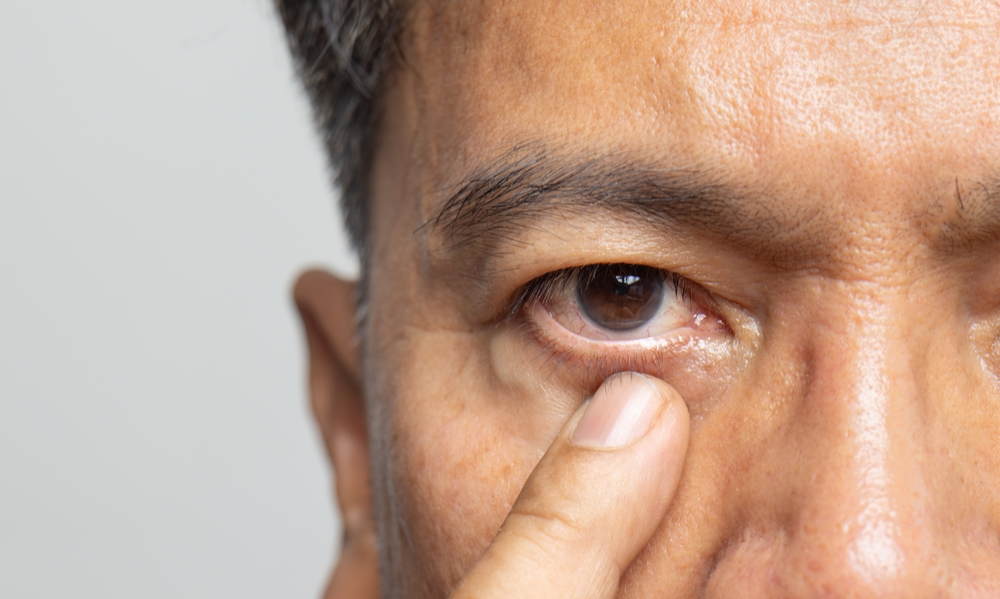
Understanding the signs, symptoms, and treatment options for common eye diseases is essential for maintaining good vision and preventing potential complications. By increasing our knowledge about these conditions, we can take proactive measures to protect our eyesight.
Macular Degeneration
Macular degeneration is a leading cause of vision loss among older adults. It affects the macula, a small part of the retina responsible for central vision. The condition is characterized by the deterioration of this area, leading to blurred or distorted vision. Some common signs and symptoms of macular degeneration include difficulty reading, blurry or dark areas in the central vision, and changes in color perception.
Treatment options for macular degeneration vary depending on the type and stage of the disease. In some cases, lifestyle changes such as a healthy diet and regular exercise can help slow down its progression. Medications and surgical interventions may also be recommended to manage the symptoms and prevent further vision loss. It is important to consult with an optometrist to determine the most suitable treatment plan for your specific condition.
Diabetic Retinopathy
Diabetic retinopathy is an eye disease that affects individuals with diabetes. It occurs when high blood sugar levels damage the blood vessels in the retina, leading to vision problems. Common signs and symptoms of diabetic retinopathy include floaters, blurry vision, difficulty seeing at night, and sudden vision loss.
Managing diabetes effectively is crucial in preventing and managing diabetic retinopathy. Controlling blood sugar levels through a healthy diet, regular exercise, and medication is essential. Additionally, treatments such as laser therapy and surgery may be recommended to treat advanced stages of the disease.
Glaucoma
Glaucoma is a group of eye conditions that damage the optic nerve, often due to increased pressure within the eye. If left untreated, glaucoma can lead to permanent vision loss. Unfortunately, it usually does not present any symptoms in its early stages, which is why regular eye exams are crucial for early detection.
When symptoms do occur, they may include blurred vision, severe eye pain, headaches, and halos around lights. Treatment options for glaucoma aim to reduce eye pressure and prevent further damage to the optic nerve. Eye drops, oral medications, laser therapy, and surgery are among the treatment options available.
Cataracts
Cataracts are a common age-related eye condition that causes clouding of the eye's natural lens. This clouding leads to blurry vision, difficulty seeing at night, increased sensitivity to light, and faded colors. Cataracts can significantly impact daily activities and reduce the quality of life.
The treatment for cataracts is typically surgical intervention, where the cloudy lens is replaced with an artificial one. This procedure, known as cataract surgery, is safe and highly effective. However, not all cataracts require immediate surgery. In the early stages, vision can be improved with prescription glasses or contact lenses.
Preventive Measures for Common Eye Diseases
While some eye diseases cannot be completely prevented, there are several preventive measures you can take to protect your vision. Maintaining a healthy lifestyle, including a balanced diet rich in antioxidants and regular exercise, can help reduce the risk of developing eye diseases. Protecting your eyes from harmful UV rays by wearing sunglasses and using protective eyewear in hazardous environments is also important.
Additionally, it is crucial to prioritize regular eye exams. These exams allow optometrists to detect early signs of eye diseases and provide appropriate treatment before complications arise. Even if you do not currently experience any vision problems, routine eye exams are vital for maintaining good eye health and preventing future issues.
During an eye exam, your eye doctor will evaluate your vision, check for any refractive errors, and examine the health of your eyes. They may perform various tests, including visual acuity tests, tonometry, and dilated eye exams. These tests help assess your vision and detect any abnormalities or potential eye diseases.
Make it a priority to schedule regular eye exams, especially if you have a family history of eye diseases or other risk factors. Your eye care professional will recommend the appropriate frequency of visits based on your individual needs. By taking proactive measures and prioritizing regular eye exams, you can safeguard your vision and maintain optimal eye health.
Schedule Your Eye Exam with Brianna Herring O.D. Today
Understanding the signs, symptoms, and treatment options for common eye diseases is essential for preserving good vision and preventing potential complications. Macular degeneration, diabetic retinopathy, glaucoma, and cataracts are among the most prevalent eye diseases, affecting millions worldwide. By recognizing the signs and seeking timely treatment, individuals can manage these conditions effectively and minimize the impact on their daily lives.
Do not wait for symptoms of an eye disease to arise or for vision problems to worsen; take control of your eye health today. To schedule your eye exam, visit Brianna Herring O.D. at our office in Deerfield Beach or Plantation, Florida. Please call (786) 891-2020 or (954) 472-2676 to book an appointment.




